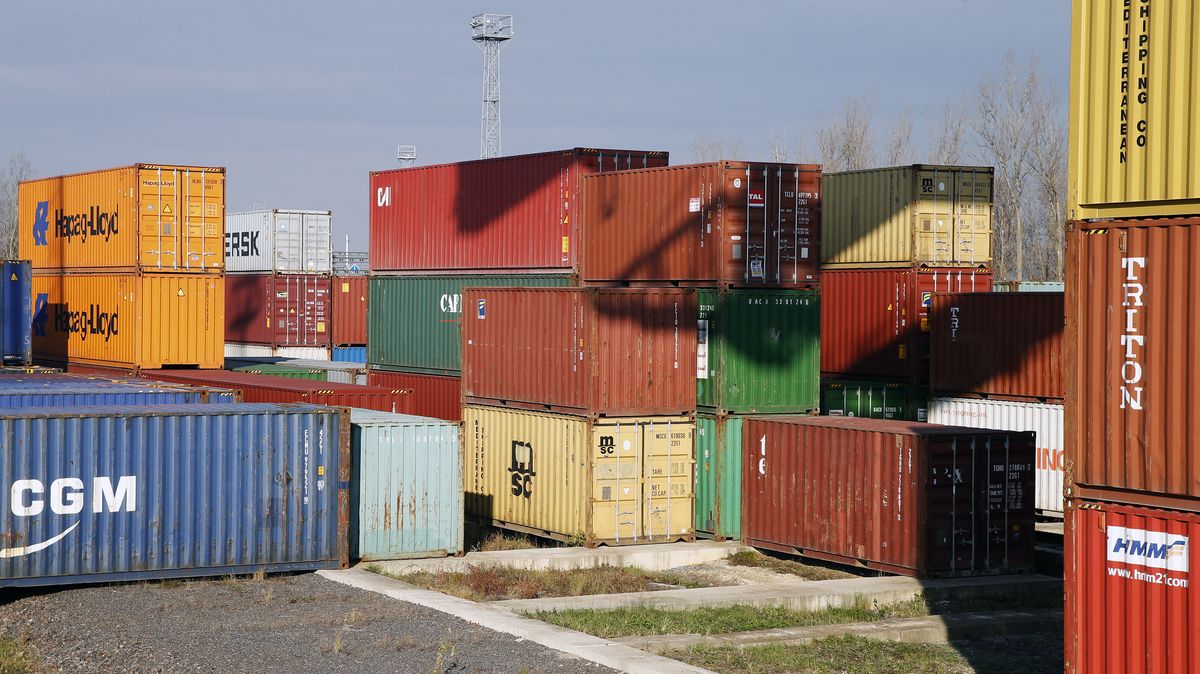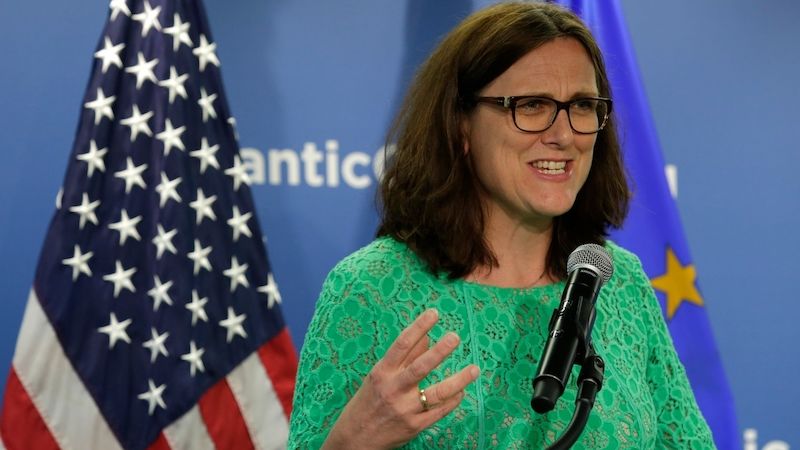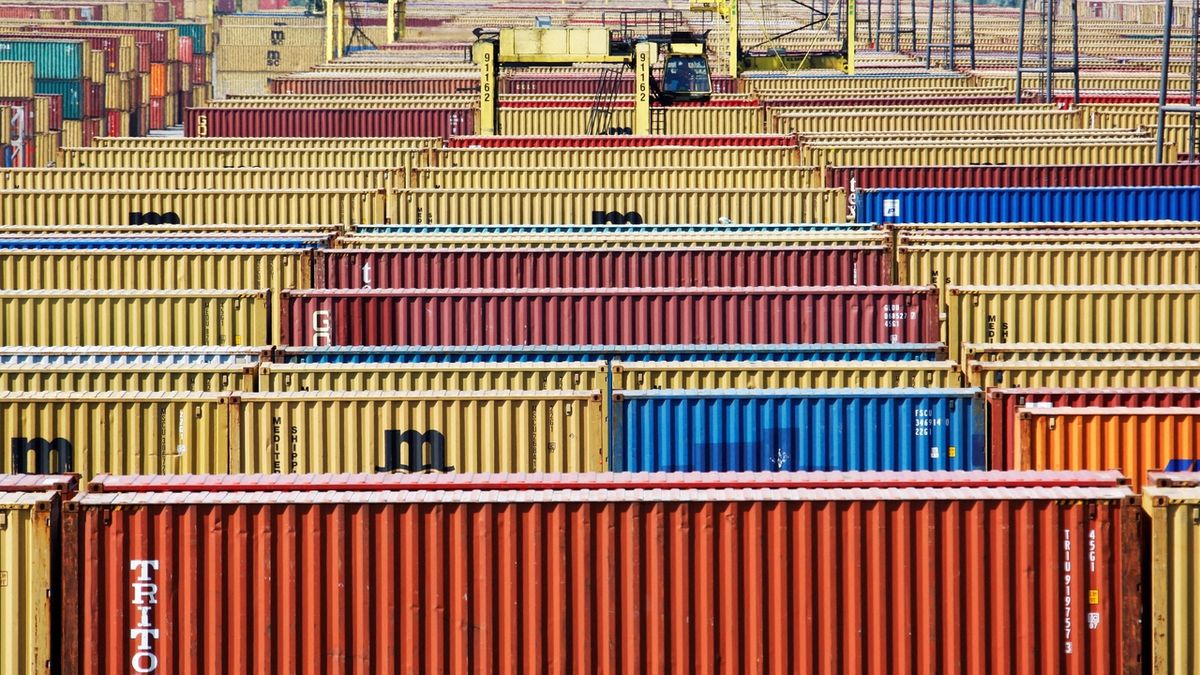When Donald Trump became president for the first time, Brussels managed to avoid the worst-case scenario in transatlantic trade relations – a trade war over cars.
Washington lawmakers, especially Republicans, and the American business community (plus its lobbyists) then created a bulwark to prevent that. But Brussels may not be so lucky this time. write Bloomberg Agency. The first reason is that many of Trump’s critics have left Congress, especially moderate Republicans who led key committees and tried to moderate Trump’s policies years ago.
Trump and his people, on the other hand, have been out of office for three years to figure out what to do if re-elected, and they appear to want to move quickly. In addition to the idea of imposing tariffs on all imports (including European ones), Trump has talked to aides about banning TikTok. Another round is a ban on imports of Chinese electric cars — or ones made from Chinese parts and then assembled in other countries.
Ten percent on everything
The US and Europe are also at odds over the issue of steel and aluminium tariffs. Trump introduced these in his first term as president; they were later toned down by the Biden administration. If Trump wins in November, the EU will surely be a key target of his trade measures, according to Bloomberg (citing sources with Trump advisers).
A possible starting point in a second Trump administration would be to include the EU in a minimum import tariff of ten percent, which would also apply to China. He could also retaliate against Europe’s digital services tax, which is implicitly aimed at US tech companies.
Bloomberg sources in Trump’s circle have cited a variety of possible motives for the plan. These include, for example, frustration with Europe’s reluctance to take a more aggressive approach to China. Such an approach would work can be in the form of imposing its own tariffs on Beijing or it could also be aimed at limiting strategic investment by Chinese companies.
Potential action against Europe could be a key component of US trade policy overall. The US has had a long-standing high international trade deficit with the European Union; data so far for 2023 suggests this is likely to be the third year in a row. will exceed $200 billion. According to Trump advisers, their old boss-to-be sees this as a demonstration of the European Union’s unfair trade practices.
“Trump uses trade and tariffs as a negotiating tactic to get these countries to act in US interests – you’ve seen it with NATO,” said Stephen Moore, one of Trump’s informal economic advisers.
He was referring to the way Trump, in his first term, demanded that NATO allies contribute more to defense. Trump sent them the same message, even stronger, last week.
Reinforcement or retaliation?
Moore says the most important thing is how Europe behaves in terms of reducing tariffs on American products. “Given that the average European country has a value-added tax of 15 to 20 percent, this immediately puts us at a disadvantage in the business world,” said Moore, an economist at the Heritage Foundation. He says the tariffs directly motivate European companies to export to America.
But Moore also said the 10 percent tariffs on U.S. imports being considered are not a direct retaliation for the EU’s stance on a specific issue. They are simply to strengthen America’s long-term global position. They would also generate billions of dollars in revenue for the country’s coffers, giving Washington room to cut taxes on domestic manufacturers and other entities.
Trump campaign spokesman Steven Cheung was less conciliatory, saying instead that the former president “has made it clear that he intends to use every tool at his disposal to defend American workers.” And he said it doesn’t matter whether they’re “autoworkers, steelworkers, tech workers or farmers.” Either way, Trump said, he “will not tolerate other countries stealing our jobs or targeting our industries.”
If Trump plans something like that in retaliation, or simply to “strengthen America’s position,” but of course in the end it doesn’t really matter.

“Tv nerd. Passionate food specialist. Travel practitioner. Web guru. Hardcore zombieaholic. Unapologetic music fanatic.”







